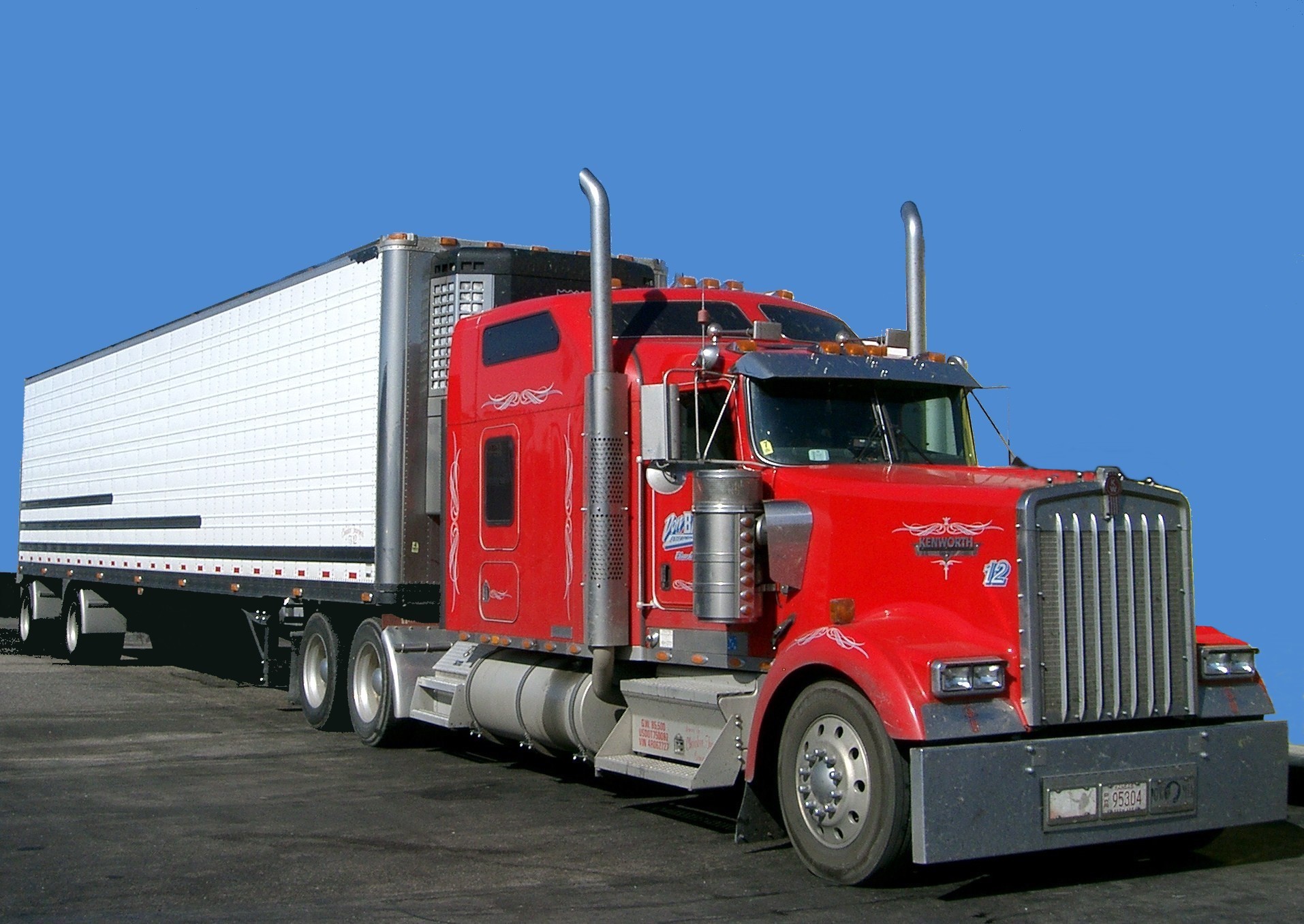When it comes to trucks, one of the most engaging topics among enthusiasts and everyday users alike is the perennial debate between midsize and full-size trucks. This discourse is not merely a preference for one vehicle over another; it taps into deeper reasons for our fascination with trucks themselves. The allure of a robust truck often intertwines with lifestyle choices, practical requirements, and even a bit of personal identity. Choosing the right truck means considering numerous factors—from utility and fuel efficiency to performance and cargo capacity. So, let’s delve deeper into this intriguing truck size battle to help you make an informed decision.
First, let’s define what we mean by midsize and full-size trucks. Midsize trucks typically offer a smaller footprint, making them easier to handle in urban environments. Examples include models like the Toyota Tacoma and the Ford Ranger. Full-size trucks, on the other hand, tend toward larger dimensions and greater power, with notable examples being the Ford F-150 and the Chevrolet Silverado 1500. Though both classifications serve specific purposes, they cater to different needs and preferences.
One noteworthy attribute of midsize trucks is their unparalleled maneuverability. Their compact size allows for easier navigation through tight spaces, a superior advantage for those living in cities or smaller towns. Parking becomes significantly less daunting, and the narrower frame resonates well with the challenges of urban driving. If you often find yourself zigzagging through bustling streets, a midsize truck is likely your ally.
Additionally, midsize trucks generally boast lower starting prices compared to their full-size counterparts. For budget-conscious consumers, this can be a pivotal consideration. With advancements in technology, many midsize models now come equipped with robust engine options that provide surprising power without the hefty price tag associated with full-size trucks. This accessibility makes midsize trucks a compelling option for first-time truck buyers or those looking to minimize financial strain.
However, the benefits of midsize trucks don’t merely end with savings. Their fuel efficiency is often commendable, attracting eco-conscious consumers who wish to lessen their carbon footprint. Equipped with smaller engines, many midsize trucks deliver better miles per gallon (MPG), allowing drivers to embark on longer journeys without the fear of frequent refueling stops. This feature becomes particularly advantageous for those using their trucks for daily commutes or long-distance road trips, blending both functionality and sustainability.
Conversely, full-size trucks thrive on raw power and versatility. The hallmark of these vehicles is their impressive towing and hauling capacities, appealing directly to contractors, outdoor enthusiasts, and those who require robust performance for recreational activities. If you’re the type to haul heavy loads or tow a trailer frequently, the sheer muscle of a full-size truck cannot be overstated. Their larger frames come equipped with potent engines that deliver excellent torque, ensuring that heavy lifting is accomplished with ease.
Moreover, full-size trucks often provide more interior space—ushering in comfort and functionality. With options for spacious crew cabs, passengers have ample legroom, allowing for enjoyable long drives, be it for work or leisure. For families who need space during road trips or even just moments spent together, full-size trucks can offer greater comfort, accommodating passengers without feelings of confinement.
In terms of technology and onboard features, full-size trucks frequently lead the pack. The integration of advanced safety features and entertainment systems has become standard in many full-size models. From adaptive cruise control to comprehensive infotainment systems, the full-size truck market caters to those who appreciate a modern driving experience. This technological edge can make the daily driving experience not only enjoyable but also significantly safer.
Despite the clear advantages of each category, the decision between a midsize and a full-size truck ultimately comes down to your individual needs and lifestyle. Are you a city dweller who favors agility without compromising on capability? Or a weekend warrior in search of the mightiest machine to accommodate your adventures? Reflecting on your daily routines and future plans will clarify which truck type aligns with your needs.
It’s also worth considering the resale value, which tends to hold up well for both midsize and full-size trucks. As the market evolves, truck owners are witnessing an upsurge in demand across both categories. Should you eventually decide to part with your vehicle, investing in a truck—regardless of size—can be a financially sound decision.
Furthermore, there exists a socio-psychological component to truck ownership. Trucks often embody traits such as ruggedness and resilience; they tell a story of adventure and capability. A midsize truck conveys a spirit of practicality, while a full-size truck might symbolize the allure of raw power. Considerations such as these can play an influential role in your selection process and, potentially, your self-image.
Ultimately, whether you lean towards a midsize or full-size truck, each offers a compelling array of features and characteristics tailored to various lifestyles and preferences. The key lies in recognizing your specific requirements—be it a smaller size for urban agility or the robust performance of a full-size beast. Engaging in this vehicle exploration presents an opportunity to not only choose an automobile but also reflect on how it aligns with your life’s journey.
In conclusion, the truck size battle is imbued with insights that run deeper than mere specifications. It’s a testament to personal identity, practical application, and the modern-day quest for function fused with adventure. As you ponder over midsize versus full-size, remember that the right choice embodies your lifestyle and aspirations—making every journey memorable.
